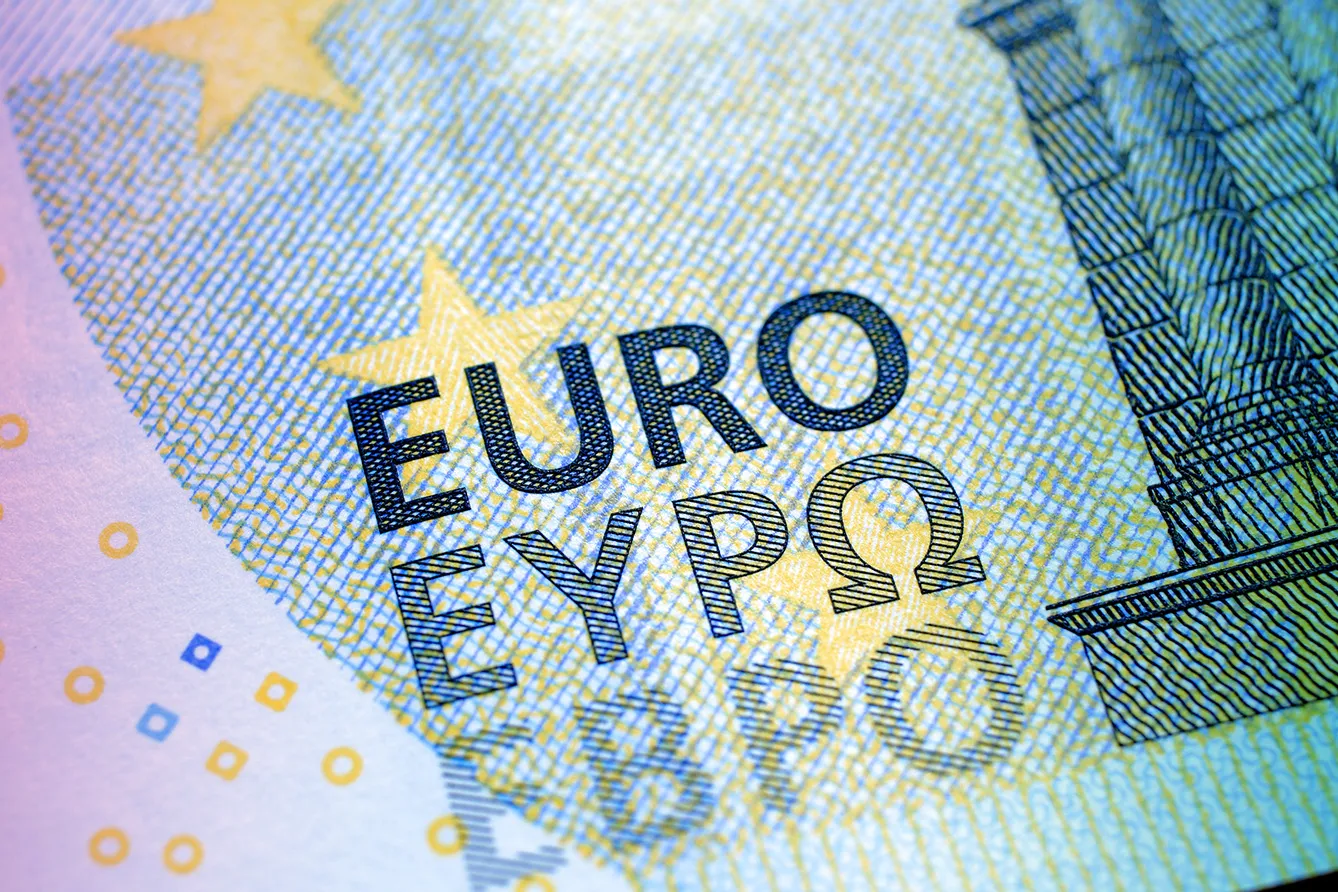In a memorandum signed on December 6, 2022, the European Commission and Eurozone countries agreed that Bulgaria should begin preparations for minting new European coins. For now, this involves a certain number of proof coins with Bulgarian symbols. This kind of symbolic gesture shows appreciation for Bulgaria’s efforts to improve its economic situation to meet the conditions for admission to the Eurozone.
Bulgaria’s road to the Euro
In May 2022, the Bulgarian government adopted a national plan to introduce the euro in place of the national currency of the Bulgarian lev. To say that Bulgaria’s plan to introduce the common European currency is ambitious is like saying nothing at all since joining the Eurozone would, according to sharp timetables, become a reality as early as January 1, 2024!
Bulgaria’s currency transition is supposed to be more like a surgical cut – quick and without a transition period. If the deadline can be met, Bulgarian banknotes will only be in simultaneous use for the first month until January 31, 2024. As of January 1, 2024, all bank accounts, savings accounts, and deposits will be converted to euros at no additional cost. During the first six months, banks and post offices will also exchange levs into euros without additional charges. Meanwhile, the central bank has no time limits when it comes to the exchange.
Euro adoption must ultimately be approved by the EU Council. This can happen if Bulgaria meets the so-called convergence criteria (as for the year 2022):
- HICP inflation rate of max 4.9%
- Budget deficit to GDP no more than 3%
- Debt-to-GDP ratio at max 60%
- ERM II (European Exchange Rate Mechanism) member for at least 2 years
- Long-term interest rate at 2.6%
- Compatibility of legislation.
According to the Central European Bank report for 2022, Bulgaria has already met most of these criteria, except a higher inflation rate and lack of legislation compatibility, which may call into question the achievability of Bulgaria’s plans…
Is Bulgaria in eurozone yet?
Recently Bulgaria has revealed the design of its future Bulgarian euro coins, but it is still a symbolic gesture rather than a real milestone on the road to the euro. To adopt the euro, Bulgaria will have to comply with all the economic criteria formally required by the EU. Meanwhile, the voices of many Bulgarian experts are being heard more and more often, saying that the decision to postpone the introduction of the common European currency should be considered. They point to the year 2029.
Bulgarian economist Stojan Panchev says, “This is not the right situation to introduce the euro. We have too high inflation, a budget deficit, a debt crisis is starting, and we are not sufficiently catching up with the average income level in the Eurozone. And the zone itself is not in the best shape.”
In addition, the matter is complicated by the political background, in which the relevant, compatible with EU standards legislation should be approved not by the current interim government but by the ordinary one, elected by votes, and it is uncertain when this election will take place.
As for the beginning of 2023, Bulgaria’s plan to join the Eurozone is still in effect but with an uncertain time frame. Bulgaria’s road to the euro may be bumpier than previously anticipated. However, one can see the determination of the Bulgarian government to adopt the euro as soon as possible. The year 2023 should bring an answer as to whether this idea can be realized.







